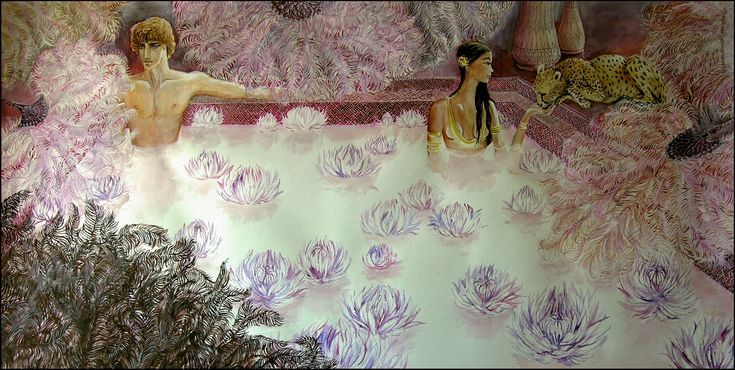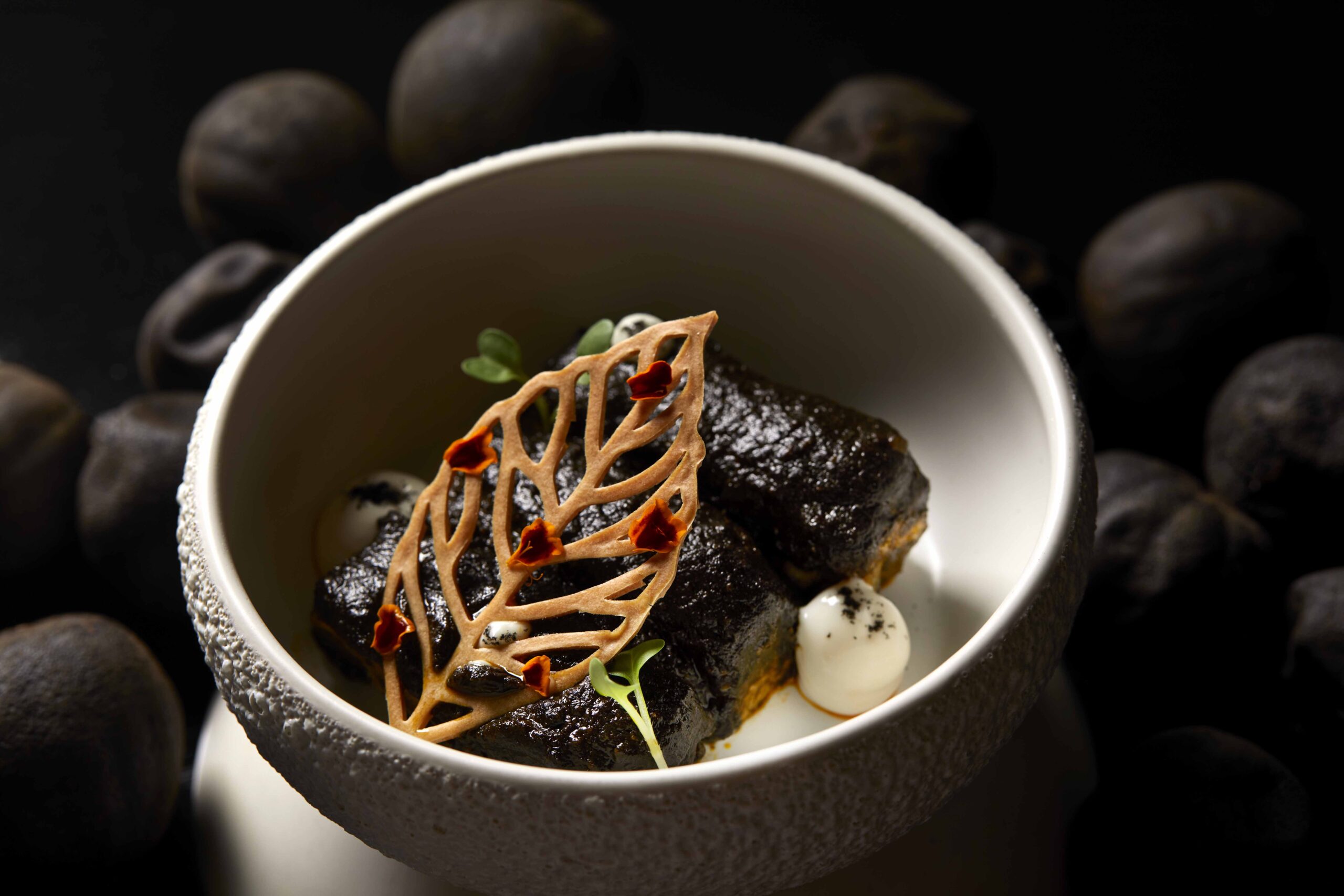The beauty industry is undergoing a transformative shift towards sustainability, acknowledging the contrasting environmental impact of both traditional and chemical product formulations. As consumers become more eco-conscious, there is a growing demand for beauty brands to adopt sustainable practices. One notable trend is the exploration of alternative ingredients derived from renewable resources, such as plant-based extracts and biodegradable materials.
Historically, milk has been a beauty regimen staple, known for its nourishing properties. In ancient Egypt, Cleopatra’s famed beauty rituals included bathing in milk, leveraging its gentle exfoliating effects and moisturising qualities to combat sun damage. In Ayurveda, milk plays a crucial role in beauty practices, often used in face masks for its hydrating and soothing attributes. The goddess Lakshmi’s legendary tales highlight the association of milk with her beauty regimen.
Production of plant natural compounds
The fading era of “abundance” in beauty products paves for a profound transformation. This tranformation doesn’t include any “new” discoveries, but is rather a callback to ancient beauty ingredients and regimens that would use naturally-found ingredients and make the most of them. Whether it is using aloe vera pulp or turmeric, beauty regimens from the past had a knack of making the best out of locally and ethically sourced ingredients.
At the forefront of this shift is the growing adoption of plant milking—an innovative solution that relies on advanced aeroponic cultivation techniques and the extraction of active ingredients from the roots of plants. This method, resonating with the values of the ‘Protopian’ beauty consumer, embodies the philosophy of achieving more with less; strategically maximising yields while minimising the ecological footprint. For the protopian beauty consumer, beauty is not just skin deep; it extends to ethical considerations, sustainability, and holistic well-being.
Plant milking has emerged as an environmentally friendly and sustainable alternative in beauty regimens, offering a non-destructive approach as the same plants can be ‘milked’ multiple times a year. This method not only promotes eco-conscious practices but also ensures 100% traceability, allowing beauty consumers to follow their product origins from root to routine.
One noteworthy example is the popularity of coconut milk, a much-loved ingredient in beauty products known for its excellent hydrating and nourishing qualities. Packed with vitamins and fatty acids, coconut milk is a sought-after addition to formulations for skincare and hair care. Kopari Beauty distinguishes itself for its dedication to harnessing the benefits of coconuts, offering a range of skincare and haircare essentials infused with coconut milk.
Almond milk is another plant-based alternative making waves in the beauty industry. Derived from almonds, this milk is packed with antioxidants and vitamins, offering a soothing and rejuvenating effect on the skin. Alaffia, committed to fair trade, incorporates almond milk into its skincare range, including cleansers, masks, and moisturisers. In skincare, oat milk is often used to address sensitive skin conditions and reduce inflammation. Beauty products incorporating oat milk cater to those seeking gentle yet nourishing solutions for their skincare needs. Renowned for its use of oats, Aveeno introduces oat milk into cleansers and moisturisers.
Venturing beyond traditional plant milking introduces emerging alternatives such as hemp milk and rice milk. Hemp milk, derived from hemp seeds, is rich in omega-3 fatty acids and possesses anti-inflammatory properties, making it a valuable ingredient in skincare products. Milk Makeup, acknowledged for its innovative formulations, incorporates hemp-derived cannabis seed extract into its Hydro Grip Primer. With its omega-3 richness, hemp milk aligns seamlessly with the brand’s dedication to pushing the boundaries of beauty innovation.
Beauty brands embracing “milk” in their campaigns
Incorporating plant milk into beauty and cosmetics brings a positive step towards environmental harmony, offering a range of products that are gentle on the skin and promote a cruelty-free approach. Perhaps it is also time to look into other skin and beauty regimens from the past which could be hailed as “sustainable” and “cruelty-free” to incorporate into beauty products to promote and facilitate such practicies.
Traditional animal-derived ingredients in cosmetics and skincare often contribute to deforestation, water pollution, and greenhouse gas emissions associated with livestock farming. Almond milk production generates significantly lower carbon emissions compared to conventional dairy, according to a study by the University of Oxford. By choosing plant milks, the beauty industry aligns with a more sustainable path, mitigating the environmental footprint associated with traditional animal-derived ingredients.
Words by Esha Aphale.
Featured image Cleopatra’s Milk Bath.









Very nice